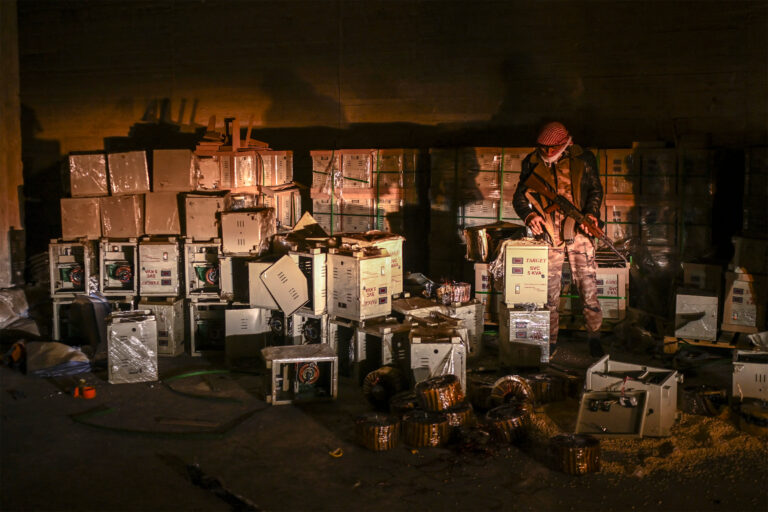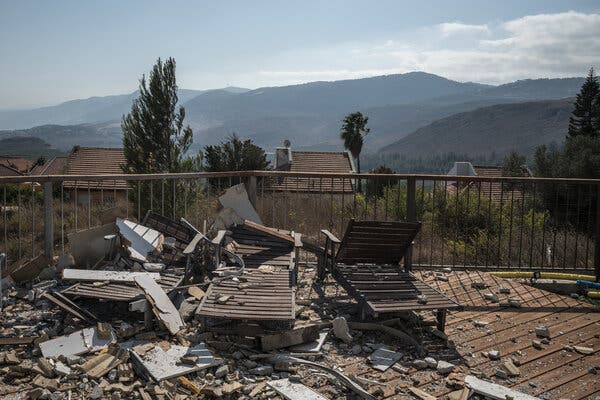The events of this week seem to indicate that Israel’s leaders have decided they can no longer live with the threat of Hezbollah on their northern border, analysts say.

The death toll from a devastating Israeli airstrike on central Beirut rose to least 37 on Saturday, with the Lebanese militant group Hezbollah confirming that two of its senior commanders were among those killed. Dozens more were wounded in the strikes, which leveled two apartment buildings and plunged Lebanon into further chaos days after pagers and walkie-talkies belonging to Hezbollah members exploded en masse.
The attacks have left Hezbollah, Lebanon’s most sophisticated political and military force, in deep disarray and appeared to hail a stark shift in the calculations that had long governed the decades-old conflict between Israel and the militant group.
After a hugely destructive war in 2006, Hezbollah’s leaders spent years building military capacity they thought could counter and perhaps deter Israeli attacks. And until last week, Israel had refrained from launching the kind of attacks that its leaders had previously feared could provoke retaliatory strikes on critical infrastructure or incursions by Hezbollah commandos. However, events of the past few days have suggested that Hezbollah grossly underestimated its adversary, as Israel dashed across what had been unofficially considered red lines.
The region was on edge Saturday in anticipation of a Hezbollah counterattack, with President Biden’s national security adviser, Jake Sullivan, telling reporters that the fighting posed an “acute” risk of escalation. Hezbollah issued calls for vengeance on Saturday and fired rocket salvos into northern Israel, but those reactions are routine. Meanwhile, Israeli fighter jets continued to pummel Hezbollah targets in southern Lebanon, including, its military said, hundreds of Hezbollah rocket launchers.
“Eighteen years of mutual deterrence has now given way to a new phase of one-sided superiority on the part of Israel,” said Lina Khatib, an associate fellow at Chatham House, a London-based research organization. “The facade that Hezbollah had been presenting to the world of it being an impenetrable organization is shattered, and Israel has displayed with flair how much of an upper hand it has in this equation vis-à-vis Hezbollah.”



